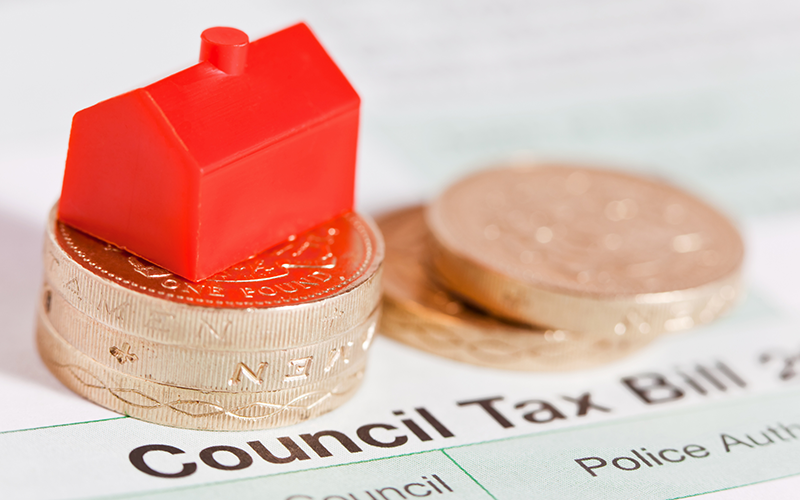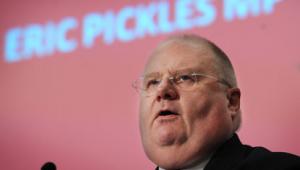By Richard Johnstone | 1 November 2011
Local Government Secretary Eric Pickles is seeking views on plans to give town halls the ability to remove council tax relief on empty and second homes.

Image credit: iStock
A consultation on the proposal, launched yesterday, also calls for the creation of an empty homes council tax premium for properties left vacant for more than two years. This was first announced by communities minister Andrew Stunell at the Liberal Democrat conference in September.
Pickles said the government wanted to remove ‘the special tax breaks for empty homes and second homes’.
Council tax relief is currently available on both. Local authorities can set a discount of between 10% and 50% on second homes. Empty properties are exempt completely from the tax for set periods and circumstances dictated by central government. Homes in need of major repair are exempt for a year and those simply left empty usually for six months.
The consultation document, Technical reforms of council tax, proposes that councils determine their own discount rate in these cases from 2013/14, including an option of no discount at all.
There are no plans to change the rules on council tax relief currently available for homes left empty because a person has moved into a hospital or care home, has died or has moved to provide care to another.
Councils would also be able to introduce the additional premium charge on council tax. The DCLG’s consultation does not state a level for this, but says it could be imposed after a property has been left empty for two years.
It states: ‘In areas where authorities have already resolved not to discount the council tax payable in respect of empty dwellings, this might mean that they could levy substantially more than 100% of the council tax which would be payable if a dwelling were occupied.’ Consultees are being asked to respond on whether the levy would have ‘a significant impact on the number of homes being left empty’.
The proposal also plans to give residents the option of paying their tax bill in 12 monthly payments, rather than 10.
Local authorities will also be encouraged to offer discounts for residents to accept electronic billing, or payments by direct debit, similar to those offered by utility companies.
Pickles said that these ‘practical improvements’ to the tax would complement the freeze announced by Chancellor George Osborne last month.
He added: ‘By treating everyone equally and fairly and removing the special tax breaks for empty homes and second homes, councils have the potential to cut £20 a year off families' council tax bills. Councils should make it easier to pay bills, and offer the same discounts for electronic billing that other companies offer as standard – this will cut paperwork and reduce tax bills.’
The Local Government Association said that any move to increase local decision-making and flexibility over taxation was ‘a positive step’.
However, LGA chair Sir Merrick Cockell said: ‘There are other council tax discounts remaining – which cost hard-pressed taxpayers many millions of pounds. The government should look at these – ensuring that fairness and ability to pay are top priorities.’
He also said that the government's decision to localise Council Tax Benefit, after cutting it by 10%, meant that using any increase in revenue to cut the tax rate ‘will be difficult’.
He added: ‘Any decisions on this, or any other proposal on paying council tax in instalments, should be made locally by individual local authorities.’





















